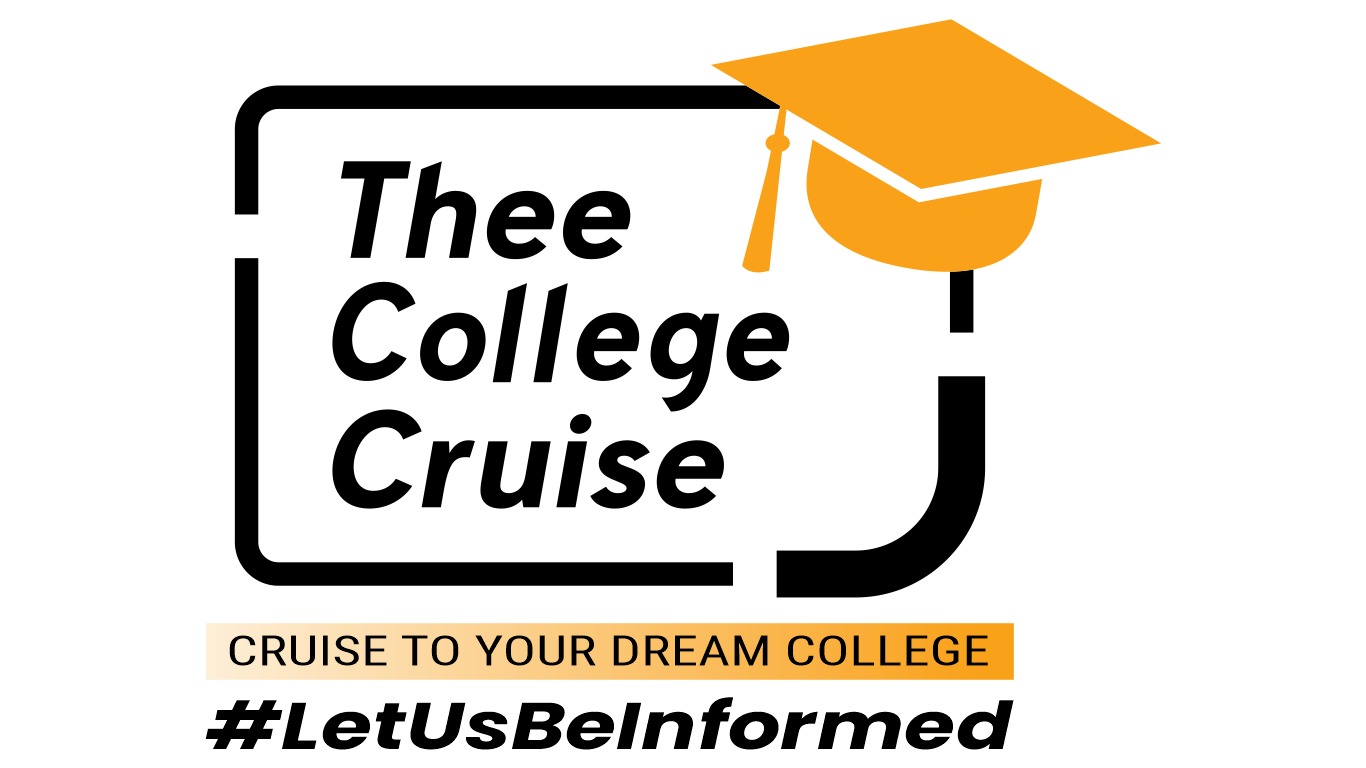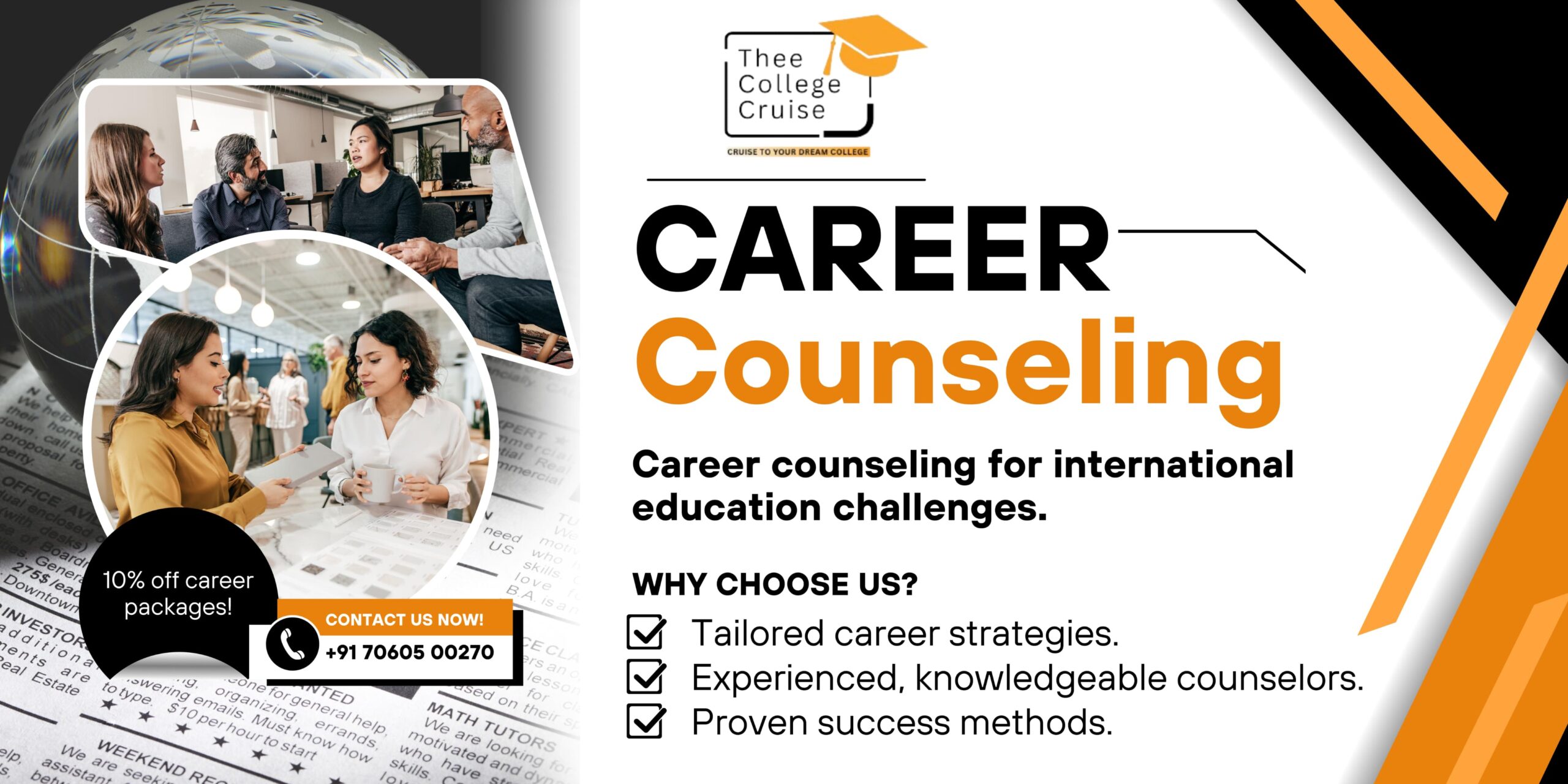International education offers a world of opportunities for students, but it also presents significant challenges. These challenges range from navigating complex admissions processes to adapting to new cultural environments. Career counseling plays a crucial role in helping students overcome these hurdles, ensuring they are well-prepared for the academic, personal, and professional demands of studying abroad. In this article, we will explore how career counseling helps students overcome the various challenges of international education.
Understanding the Importance of Career Counseling in International Education
Career counseling is more than just guidance on choosing a career path. It involves a comprehensive approach that addresses the academic, emotional, and social needs of students. For those pursuing international education, career counseling is essential in helping students identify the best academic programs, prepare for standardized tests, navigate visa processes, and adapt to new cultures.
Identifying the Right Academic Program
One of the first challenges students face is selecting the right academic program. With thousands of universities and programs worldwide, it can be overwhelming for students to decide which is the best fit for their career goals. Career counselors provide personalized guidance based on the student’s academic background, interests, and future aspirations. They help students understand which programs align with their career objectives, ensuring they make informed decisions.
Navigating Admission Requirements and Processes
Each country and university have its own set of admission requirements and processes. From writing personal statements to meeting application deadlines, the process can be complex and time-consuming. Career counselors help students understand these requirements and guide them through every step, ensuring that they meet all the necessary criteria. They also assist in preparing strong applications that highlight the student’s strengths and potential, increasing their chances of acceptance into top-tier programs.
Standardized Test Preparation
Many international universities require students to take standardized tests such as the TOEFL, IELTS, GRE, or GMAT. Preparing for these exams can be daunting, especially for students who are unfamiliar with the test formats. Career counselors offer valuable resources, including study materials, test-taking strategies, and practice exams, to help students perform their best. They also provide guidance on selecting the appropriate test based on the university’s requirements and the student’s strengths.
Addressing Financial Challenges in International Education
One of the most significant barriers to studying abroad is the financial cost. International education can be expensive, with tuition fees, travel expenses, and living costs adding up quickly. Career counselors play a vital role in helping students explore financial aid options, including scholarships, grants, and student loans.
Finding Scholarships and Grants
Scholarships and grants are essential for many students seeking to study abroad. Career counselors have access to a wide range of resources and databases that list available scholarships based on the student’s academic performance, field of study, and personal background. They guide students in identifying scholarships they are eligible for and help them prepare compelling scholarship applications.
Budgeting and Financial Planning
Beyond securing financial aid, students must also plan for their living expenses while studying abroad. Career counselors assist students in creating realistic budgets that account for tuition fees, accommodation, food, and other living costs. They provide tips on managing finances effectively to ensure students can focus on their studies without financial stress.
Overcoming Cultural and Social Challenges
Moving to a new country means adapting to a different culture, language, and social norms. For many students, this cultural transition can be challenging, leading to feelings of isolation and homesickness. Career counselors help students prepare for these cultural adjustments by offering insights into the cultural norms and expectations of the country they are moving to.
Cultural Adaptation
Career counselors provide guidance on how to navigate cultural differences, from communication styles to classroom etiquette. They may also organize workshops or connect students with resources that offer cultural sensitivity training. This preparation helps students feel more comfortable and confident in their new environment, reducing the likelihood of culture shock.
Building Social Networks
Career counselors also emphasize the importance of building social networks while studying abroad. They encourage students to participate in extracurricular activities, join student organizations, and engage with their peers. By building strong social connections, students can create a support system that helps them thrive both academically and personally during their time abroad.
Assisting with Visa and Immigration Processes
Obtaining the necessary visas and complying with immigration regulations is another significant challenge for international students. Career counselors assist students in understanding the visa application process, gathering required documentation, and meeting deadlines. They also provide guidance on visa interviews, ensuring that students are well-prepared to answer questions confidently.
Post-Study Work Visas
In addition to helping students secure student visas, career counselors also guide students on post-study work visa options. Many students wish to stay in the country after graduation to gain work experience. Career counselors help them explore their options, understand the eligibility criteria, and prepare for the application process.
Preparing for the Global Job Market
One of the primary reasons students pursue international education is to enhance their career prospects in the global job market. Career counselors play a critical role in preparing students for this by offering career development services such as resume building, interview preparation, and networking strategies.
Resume and CV Writing
Different countries have different expectations when it comes to resumes and CVs. Career counselors provide students with templates and guidelines on how to format their resumes according to the standards of the country they are targeting. They also help students highlight their skills and experiences in a way that makes them stand out to international employers.
Interview Preparation
Career counselors offer mock interview sessions to help students practice answering common interview questions. They provide feedback on how to improve communication skills, body language, and confidence during interviews. This preparation is essential for students who are applying for internships, part-time jobs, or full-time positions after graduation.
The role of career counseling in overcoming the challenges of international education cannot be overstated. From helping students select the right academic program to preparing them for the global job market, career counselors provide essential support at every stage of the process. By addressing academic, financial, cultural, and professional challenges, career counseling ensures that students are well-equipped to succeed in their international education journey and beyond.
For students embarking on Thee College Cruise, career counseling becomes even more essential. With its global perspective and immersive educational approach, Thee College Cruise equips students to make well-informed career decisions. The support from career counselors ensures that students maximize the international education experience, preparing them for success in a competitive global market.




